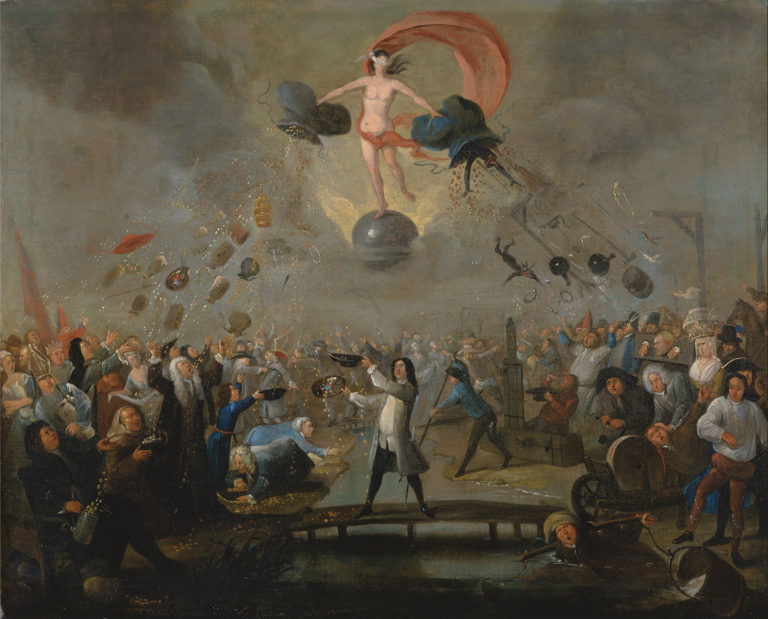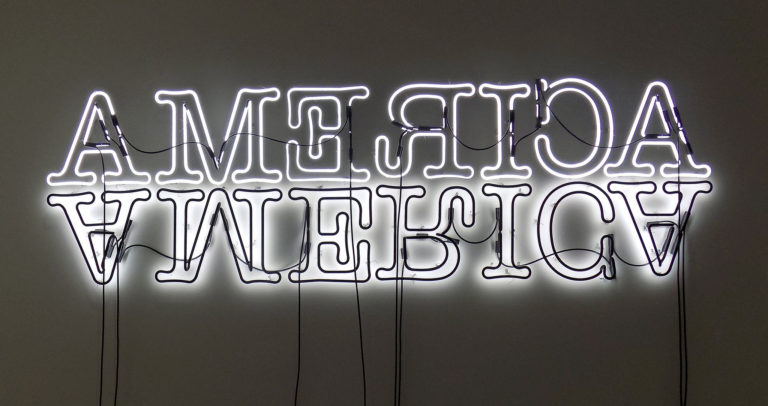This piece argues that Basic Income is, and has never been, a simple “common sense” or “spontaneous” idea for those who want to struggle against poverty. In fact, it but the product of a profound shift in how we thought about the social question since the late 19th century. A shift that, by the mid-sixties, made cash transfers and the price system the main tool when thinking about redistribution against collective provision or more state-centered approaches.
Keyword: inequality
Review of Gramsci’s Common Sense: Inequality and Its Narratives by Kate Crehan (Duke University Press)
Gramsci’s Common Sense: Inequality and Its Narratives. By Kate Crehan. Durham, NC: Duke University Press, 2016, 222 pp. (paperback) ISBN 978 0 8223 6239 5. US List: $23.95. Over a decade prior to the publication of Gramsci’s Common Sense: Inequality and Its Narratives, Kate Crehan published Gramsci, Culture, and Anthropology1. This book provided a clearly…

